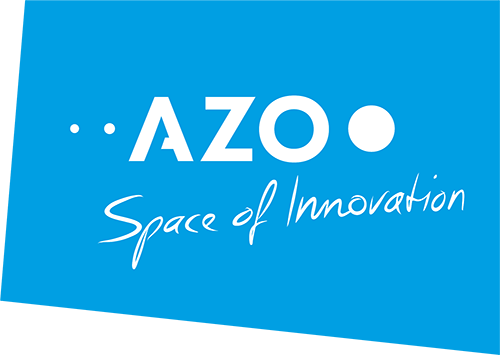Our everyday life has become increasingly digital. Digitalisation has shaped consumer experience, especially in terms of e-commerce, mobile Internet and social media.
Digital transformation now covers all sectors of the economy and has an impact on the entire value chain, thus changing entire business models. One of these industries – predestined for this game-changing process – is construction: the huge majority of 93 percent of construction companies expect digitisation to influence the entirety of their work processes. However, so far, this realisation has not yet lead to subsequent actions, according to the new Roland Berger “Digitization in the construction industry – Building Europe’s road to Construction 4.0”.
The results of the study show that less than six percent of construction companies use digital planning tools. Among the surveyed building materials companies, 100 percent believe that they have not fully maximised their digitalisation potential. This shows that the digitisation of the construction sector is still at an early stage and offers great growth potential, especially for innovative startups.
Are you interested in how the digitalisation revolutionises the building sector and how the space technology can improve and facilitates the construction sector? Then check out the short profiles of three innovative ESA BIC Bavaria incubatees using digitisation and space data for different business models. Are you keen to know more about how these startups profit from the digitisation and space technology? Then follow us on our AZO – Space of Innovation Blog and check out the videos of Building Radar, klarx and Vemcon in the next days.
Building Radar GmbH – tracking building projects via satellite data
Building Radar supplies verified leads on construction sales, so the sales teams can focus on selling rather than researching and verifying leads themselves. Their data analytics platform is very useful to stay up-to-date on all the construction projects in regions and neighbourhoods all around the world. It is possible to track the competitors’ next moves, or evaluate new strategic partnerships.
Building Radar detects new construction projects months earlier than the competitors via satellite data, which enables customers to make their sales first. They also verify lead specs, such as construction phase and building size, so customers can be flexible in decision-making processes. Building Radar ultimately connects all the dots within their data platform, in order to provide real-time intelligence on commercial real estate, so customers can strategically organise their team in accordance with this intelligence.
klarx GmbH – Heavy-duty vehicle finder via geo-data
klarx is evolving the way in which builders rent construction equipment. Builders can open the klarx application and mark or track the location of their construction site before choosing the machine they need. klarx uses geo-data to determine which machine and rental station is the closest available, in order to get the best deal on the rental, insurance, and delivery costs. Via GPS tracking, it can find the closest logistician who can pick up and deliver the machine. The logistician checks in the app as soon as the machine is loaded. With the klarx algorithm, the startup can predict the time of delivery to the construction site and give builders a live update on the arrival time. Through the klarx application, builders have access to 100,000 machines available for delivery at the highest speed and optimal trackability.
Vemcon GmbH – Active Driver Assistance Meets Intuitive Ergonomics
Vemcon increases the productivity of mobile machines. Their control system simplifies the challenges involved in handling excavators, graders, wheel loaders, as well as agricultural and municipal machinery. Operators can thus work more safely, rapidly and precisely with their machines.
Along with their OEM customers, they are developing and realising a simplified operating concept based on the Vemcon control system platform. They plan to apply the system and its components to meet customer-specific needs in a timely, cost-efficient manner, while providing corresponding serial products.
To increase the productivity of existing machines in the market, Vemcon also sells retrofit systems. These products are distributed by original equipment dealers to contractors and other machine.
To increase machine productivity, Vemcon uses inertial navigation and sensor data fusion algorithms. This technology originated from the space sector; rockets and satellites use inertial measurement units to control their trajectories. In mobile machinery, inertial measurement units are used to measure and control the motion of machine equipment.
ESA Business Incubation Centre Bavaria
The ESA BIC Bavaria seeks entrepreneurs using space technologies in a non-space environment. That does not mean rocket science, but applies to multiple application fields such as navigation and positioning, communications techniques, Earth observation, materials, processes, signals or robotics.
ESA’s Business Incubation Centre Bavaria was launched in 2009 and is since managed by Anwendungszentrum GmbH Oberpfaffenhofen (AZO). ESA BIC Bavaria and its renowned partners – DLR, Airbus Defence and Space, Fraunhofer IIS and Wirtschaftsförderungsgesellschaft Berchtesgadener Land – provide startups with financial and technical support at four branch offices: Oberpfaffenhofen, Ottobrunn, Nuremberg and Berchtesgadener Land.
ESA BIC Bavaria has four selection rounds each year. The next application deadline for the incubation programme is 1 March 2017. Apply now for ESA BIC Bavaria




